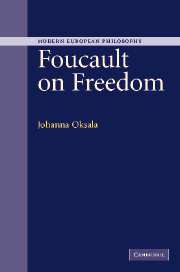1 - Philosophical laughter
Published online by Cambridge University Press: 26 October 2009
Summary
The madman jumped into their midst and pierced them with his eyes. ‘Whither is God?’ he cried; ‘I will tell you. We have killed him – you and I. All of us are his murderers. But how did we do this? How could we drink up the sea? Who gave us the sponge to wipe away the entire horizon? What were we doing when we unchained this earth from its sun? Whither is it moving now? Whither are we moving? Away from all suns? Are we not plunging continually? Backward, sideward, forward, in all directions? Is there still any up or down? Are we not straying as through an infinite nothing? Do we not feel the breath of empty space? Has it not become colder? Is not night continually closing in on us? Do we not need to light lanterns in the morning? Do we hear nothing as yet of the noise of the gravediggers who are burying God? Do we smell nothing as yet of the divine decomposition? Gods too decompose. God is dead. God remains dead. And we have killed him.’
(Nietzsche 1887/1974,181)The instant bestseller that made Foucault famous, The Order of Things (OT), arose out of laughter. Foucault opens the book by writing that the book arouse out of a passage in Borges, from a laughter that shattered all the familiar landmarks of his thought and continued long afterwards to disturb and threaten with collapse the age-old distinction between the Same and the Other.
- Type
- Chapter
- Information
- Foucault on Freedom , pp. 17 - 39Publisher: Cambridge University PressPrint publication year: 2005



